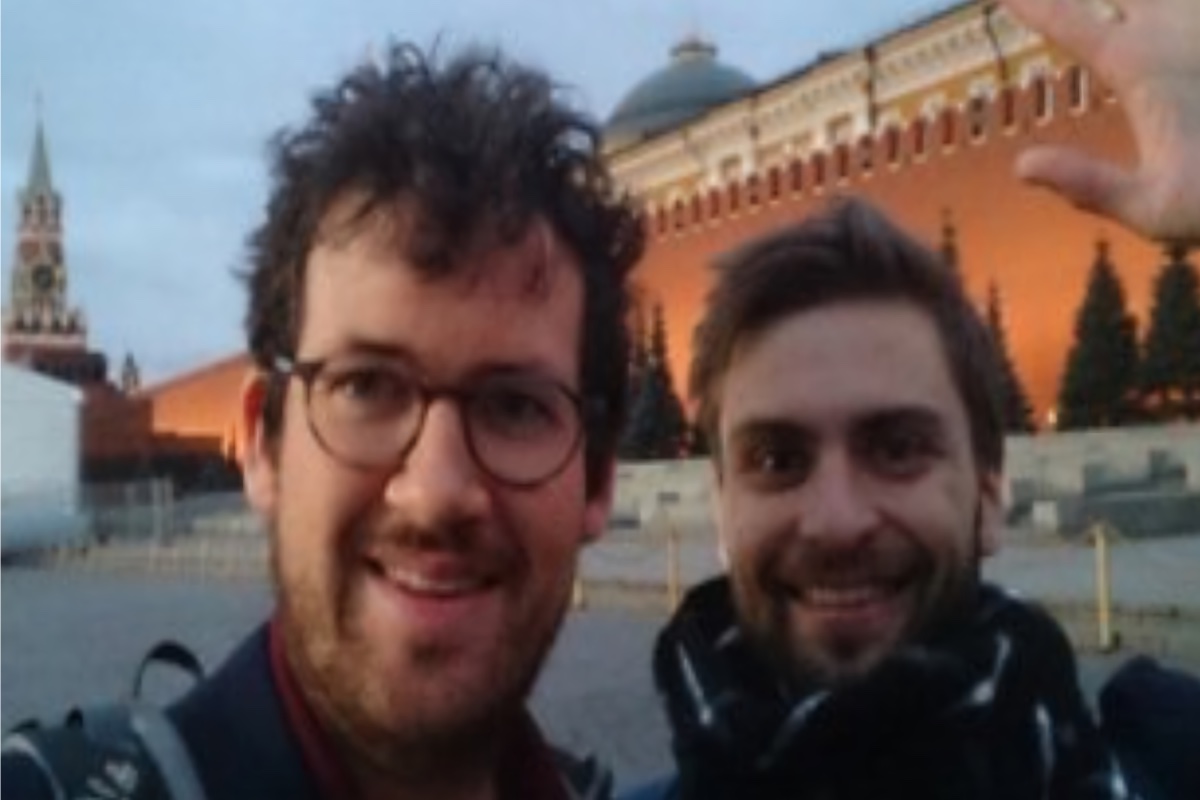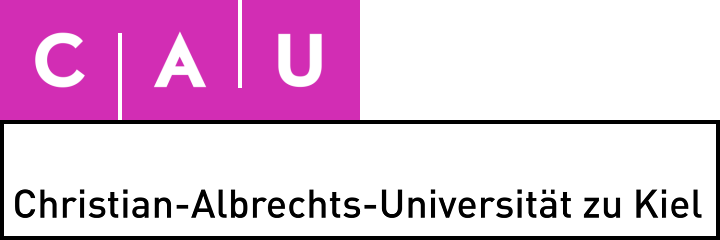Research Stay of Patrick Hayes

| Visiting period: | 07.09.2017 - 03.11.2017 |
| Visiting institution: | Moscow Technological University (MIREA) |
| Visiting scientists: | Prof. Dr. Yuri Fetisov |
I visited the capital of the Russian federation for two months on behalf of project A7 within the CRC 1261. My host was Prof. Yuri Fetisov, who, with his group holds longstanding experience in the field of bulk magnetoelectric composites. Especially the converse ME effect was extensively studied and published. The Moscow technological university, officially titled “Moscow Institute for Radio Engineering and Automation” (MIREA) is one out of over fifty institutions for higher education in the city. It has a capacity for just under 6000 students and it belongs to the smaller ones in the city of 12.4 million inhabitants. It is situated about 30 minutes by metro from the tourist center of the city, southwest of Moskva river. The aim of the research stay was to gain experience with the well-established sensor characterisation method by means of a pickup coil. This method stems from the field of bulk magnetoelectrics, so its principal applicability to Kiel-made thin film composites had to be assured. In a second step the performance of the composites was evaluated and compared to the case for direct magnetoelectric interactions. In the lab I got to know my PhD colleague, who is also the person in charge of the laboratory, his name is Fedor. He was very friendly and always helpful, especially in his role as mentor and interpreter in my handling of the perpetual language barrier. He kindly collected me at the station on the day of my arrival, welcoming me with two definite essentials in the city: A metrocard and a Russian SIM card, in order to receive the full benefit of two simply jaw dropping parts of Moscow`s infrastructure. There’s no Moscow without metro. The rush hours can quite easily exceed two hours. The principal metro lines can’t be missed, running about every ninety seconds from five in the morning until one o’clock at night. The puritanical and always affordable student house was just a short walk from MIREA. Concerning everyday life, the area had everything to offer, with three shopping malls and a few 24/7 supermarkets packed with interesting goods at prices comparable to home. The time of my research stay gave me an impressive cross section of the temperature and weather dynamics of the country. Given the fact that the first ten days it was 25° and Mediterranean climate – life seemed nice and simple. Towards the end of my research stay I struggled with arbitrary weather conditions, including but not limited to, hail, snow, sleet showers and ice cold storms at temperatures of -5°. Everyday life in Moscow as a German tourist is safe, even taking the last/first metro did not impair on my feeling of safety. Especially in the city center one encounters a high density of security personnel holding a surprisingly high level of privileges. In conclusion the research stay was a successful and professionally seamless visit to the capital of the Russian federation. After two months the city and its people were still capable of supplying endless excitement, making time fly past. The knowledge and expertise, which I gained through my stay, is invaluable for the further pursuit of my PhD, some of the results obtained are planned to be published in a joint work. Funding of this research stay by the DFG as part of the CRC 1261 is gratefully acknowledged.
Patrick Hayes




